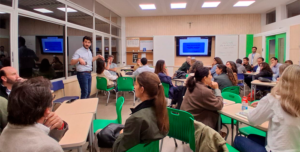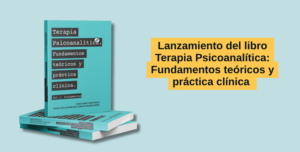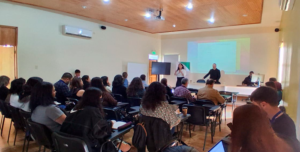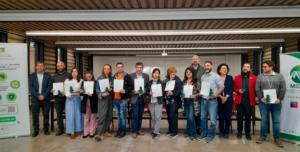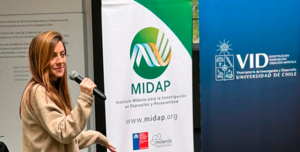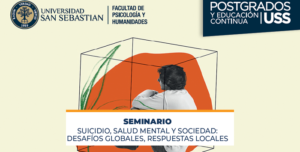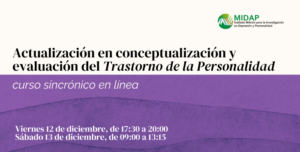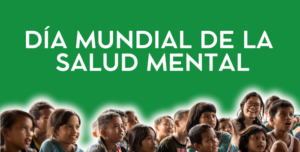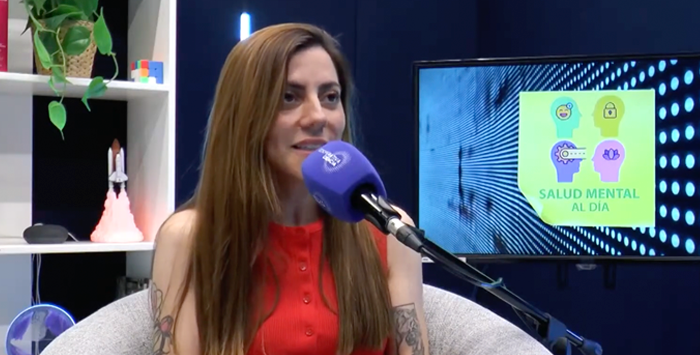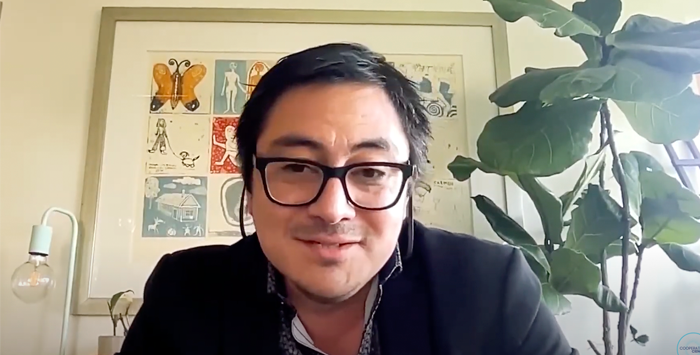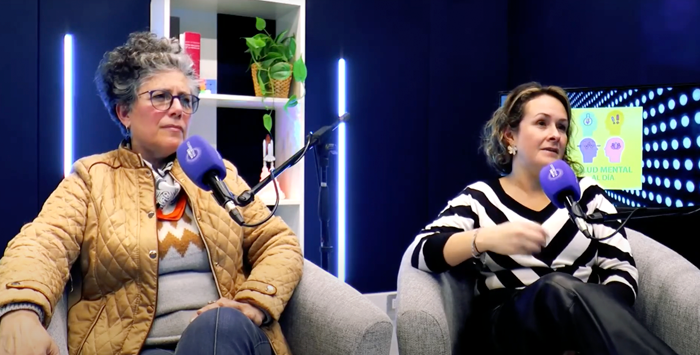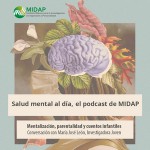Con un ambiente lleno de curiosidad, el pasado 4 de octubre, el Museo de Arte Contemporáneo (MAC) abrió sus puertas para la 2º Feria Descubriendo Conocimientos de la Universidad de Chile. El evento organizado por la Vicerrectoría de Investigación y Desarrollo (VID) contó con una amplia convocatoria, en donde niños, niñas, jóvenes y adultos exploraron experiencias interactivas que acercaron la ciencia a todas las edades. Más de 600 personas se reunieron en el Museo de Arte Contemporáneo (MAC), sede Quinta Normal, para participar en la segunda versión de la Feria Descubriendo Conocimientos de la Universidad de Chile. En el marco del Día Nacional de las Ciencias, la Tecnología, el Conocimiento y la Innovación, el pasado 4 de octubre se invitó a niñas, niños, jóvenes y personas adultas a explorar, cómo la investigación forma parte de la vida cotidiana. Mediante charlas didácticas, exposiciones y experiencias interactivas, la Universidad de Chile reafirmó su compromiso de contribuir al desarrollo del país. De este modo, la Feria Descubriendo Conocimientos se consolidó como un espacio destinado a estimular la curiosidad y los aprendizajes, promoviendo una cultura de conocimiento y responsabilidad social. En su versión 2025, más de 20 unidades académicas, centros de excelencia, colecciones biológicas y laboratorios fueron parte de la Feria Descubriendo Conocimientos, entre ellos las facultades de Arquitectura y Urbanismo, de Ciencias Forestales y de la Conservación de la Naturaleza, y de Artes, así como las colecciones biológicas del Laboratorio de Química Microbiología y del Hospital Clínico de la Universidad de Chile. Además, asistieron la Colección Chilena de Hongos (ChFC), el Centro Sismológico Nacional (CSN), el Instituto Milenio de Biodiversidad de Ecosistemas Antárticos y Subantárticos (BASE), el Center for Mathematical Modeling (CMM), el Centro de Gerociencia, Salud Mental y Metabolismo (GERO), el Centro para la Prevención y el Control del Cáncer (CECAN), el Instituto Milenio Fundamentos de los Datos (IMFD), el Center of Interventional Medicine for Precision and Advanced Cellular Therapy (IMPACT), el Advanced Center for Chronic Diseases (ACCDiS), el Instituto Milenio de Investigación en Riesgo Volcánico (Ckelar), el Instituto Milenio de Inmunología e Inmunoterapia (IMII), y el Núcleo de Investigación Acción en Juventudes de la Facultad de Ciencias Sociales. MIDAP participó con la charla “¿Cómo aprendemos a ser humanos? Una mirada desde la psicología del apego y el desarrollo emocional”, a cargo de la investigadora joven y académica de la Universidad Diego Portales, Stefanella Costa. Fuente: Comunicaciones VID UChile.
